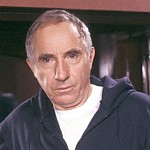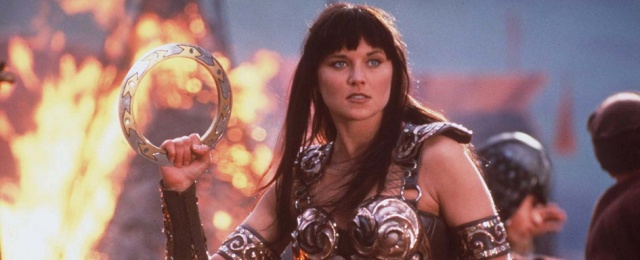Folgeninhalt
P.M. Hacker is to appoint a new bishop, and Sir Humphrey may secure a cushy appointment on retirement if he can convince Hacker to appoint the current Dean to the bishopric. Continuing the struggle of Minster Jim Hacker to actually get something done in Whitehall politics, Yes, Prime Minister saw Jim achieve every politician's dream and slide up the greasy pole, right to the door of Number 10. After coming to power on the back of protesting against European plans to eradicate the British sausage, new PM Jim is swiftly up against bigger problems than before. He deals with cabinet reshuffles, trying to stop small wars and just maybe rescuing a sheepdog from Salisbury Plain. Sir Humphrey, now Cabinet Secretary, is even more determined than ever to prevent Hacker doing anything new. The partnership of Paul Eddington and Nigel Hawthorne as Hacker and Appleby, with Derek Fowlds providing a foil for both as pedantic Bernard, is perfect; putting the viewpoints and reflecting the weaknesses of both politician and bureaucrat. Sir Humphrey blocks, delays, defers and undermines every new policy Hacker suggests that might possibly get in the way of Whitehall's tradition of 'masterly inactivity'. Yes, Prime Minster differs from its predecessor. A stronger female presence is there almost from the start, in the form of Hacker's advisor Dorothy Wainwright (a nod also to the increasing presence of independent advisors under Thatcher). Second, Sir Humphrey comes under a great deal more pressure, creators Jonathan Lynn and Anthony Jay no doubt realizing that Humphrey: unbeatable was Humphrey: boring. This produces the defining moment in the Yes, Minister canon, in The Key, Humphrey, driven insane by Hacker at last standing up to him, is forced to try to break into Number 10. The last difference is that the general feeling of bureaucratic inertia is more deliberately lifted off, partly reflecting the events of the real world, and in the final episode, The Tangled Web, Hacker achieves a modest, but telling last victory over his smooth servant, with a nice little trick involving a BBC interview and one of Humphrey's most unguarded, but classically revealing speeches. Smooth as silk, perfectly constructed and acted, Yes, Prime Minister was a fine successor to Yes, Minister, fittingly maintaining its popularity and gathering yet more BAFTAs to its name during its two series from 1986-88.
(ARD-alpha)






![[UPDATE] "Widow's Bay": Frischer Trailer und Startdatum für Horrorkomödie mit Matthew Rhys ("The Beast in Me")](https://bilder.wunschliste.de/gfx/pics/Buergermeister-Tom-Loftis-Matthew-Rhys-Hat-Es-Nicht-Leicht.jpg)

